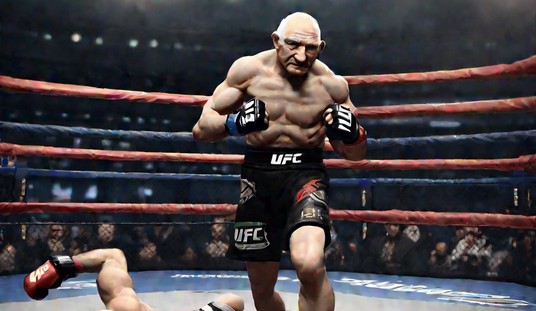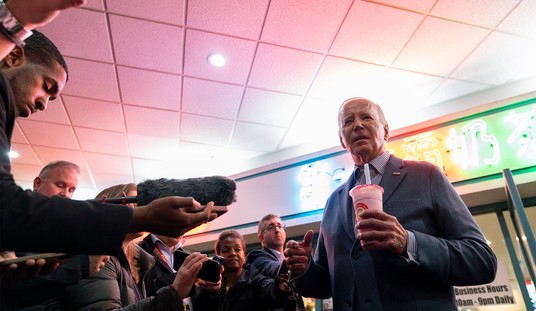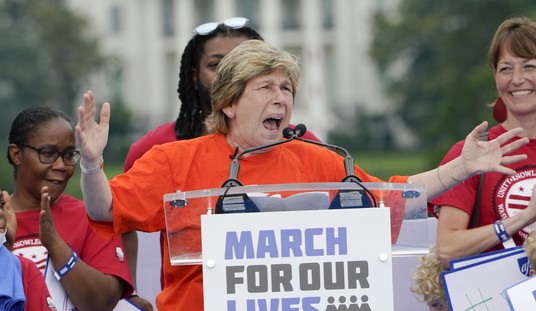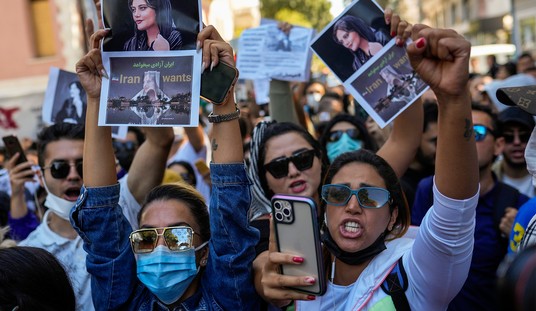Fox’s Jennifer Griffin reported earlier this evening that the US government’s senior counterterrorism group was not convened during the attack on the US consulate in Benghazi, Libya, which lasted seven hours. CBS News provides more details.
CBS News has learned that during the Sept. 11 attack on the U.S. Mission in Benghazi, the Obama Administration did not convene its top interagency counterterrorism resource: the Counterterrorism Security Group, (CSG).
“The CSG is the one group that’s supposed to know what resources every agency has. They know of multiple options and have the ability to coordinate counterterrorism assets across all the agencies,” a high-ranking government official told CBS News. “They were not allowed to do their job. They were not called upon.”
Information shared with CBS News from top counterterrorism sources in the government and military reveal keen frustration over the U.S. response on Sept. 11, the night ambassador Chris Stevens and 3 other Americans were killed in a coordinated attack on the U.S. consulate in Libya.
Foreign Policy magazine reports that on Oct 26 — weeks after the attack — its reporters were able to access the consulate compound, where they found sensitive documents including messages in which Ambassador Christopher Stevens expressed his concerns about the deteriorating security situation. The FBI was supposed to have conducted a thorough investigation at the site three weeks after the attack, yet sensitive documents still remain accessible on the site.
FP also reports the details that fueled one of the consulate staff’s concerns.
One letter, written on Sept. 11 and addressed to Mohamed Obeidi, the head of the Libyan Ministry of Foreign Affairs’ office in Benghazi, reads:
“Finally, early this morning at 0643, September 11, 2012, one of our diligent guards made a troubling report. Near our main gate, a member of the police force was seen in the upper level of a building across from our compound. It is reported that this person was photographing the inside of the U.S. special mission and furthermore that this person was part of the police unit sent to protect the mission. The police car stationed where this event occurred was number 322.”
The account accords with a message written by Smith, the IT officer who was killed in the assault, on a gaming forum on Sept. 11. “Assuming we don’t die tonight. We saw one of our ‘police’ that guard the compound taking pictures,” he wrote hours before the assault.
Eli Lake reports that the State Department never even requested any assistance from the Department of Defense as the battle raged on.
On the night of the 9/11 anniversary assault at the U.S. diplomatic mission in Benghazi, the Americans defending the compound and a nearby CIA annex were severely outmanned. Nonetheless, the State Department never requested military backup that evening, two senior U.S. officials familiar with the details of military planning tell The Daily Beast.
—
Normally it would be the job of the U.S. ambassador on location to request a military response. But Stevens likely died in the first two hours of the attack. The responsibility for requesting military backup would then have fallen to the deputy chief of mission at Benghazi or officials at the State Department in Washington.
“The State Department is responsible for assessing security at its diplomatic installations and for requesting support from other government agencies if they need it,” a senior U.S. Defense official said. “There was no request from the Department of State to intervene militarily on the night of the attack.”
The president, however, would have the final say as to whether or not to send in the military. By 11 p.m. Benghazi time, 90 minutes after the assault began on the U.S. mission, Obama met with the National Security Council to discuss the attack. NSC spokesman Tommy Vietor said the president “ordered Secretary Panetta and Chairman Dempsey to begin moving assets into the region to prepare for a range of contingencies” at that meeting.
Putting Lake’s story together with Griffin’s and CBS’ reporting, and the failure appears to be with President Obama. He was at the White House as the attack transpired on the afternoon and evening of 9-11 Washington time. The decisions not to convene the CSG and not to intervene rest with him. Lake notes that military help probably could not have arrived in time to save Ambassador Stevens, who probably died early in the battle. But it could have saved the CIA agents who came to Stevens’ rescue and then found themselves under fire.
[M]ilitary backup may have made a difference at around five the following morning, when a second wave of attackers assaulted the CIA annex where embassy personnel had taken refuge. It was during this second wave of attacks that two ex-SEALs working for the CIA’s security teams—Glenn Doherty and Tyrone Woods—were killed in a mortar strike.
According to previous reporting, the former SEALs were painting that enemy mortar with a laser designator in expectation that it would be destroyed by US aircraft. But those aircraft never fired.
The battle came in waves, a few hours apart from one another. What did President Obama do after the first wave, in the hours prior to the second? Did he go to bed at that point? Did he assume that the battle was over even though the ambassador was already missing? Why did his administration settle on blaming a video, when all of the pieces of information that have come out since make it very clear that the consulate was under terrorist attack? Who made that decision, when, and why?








Join the conversation as a VIP Member